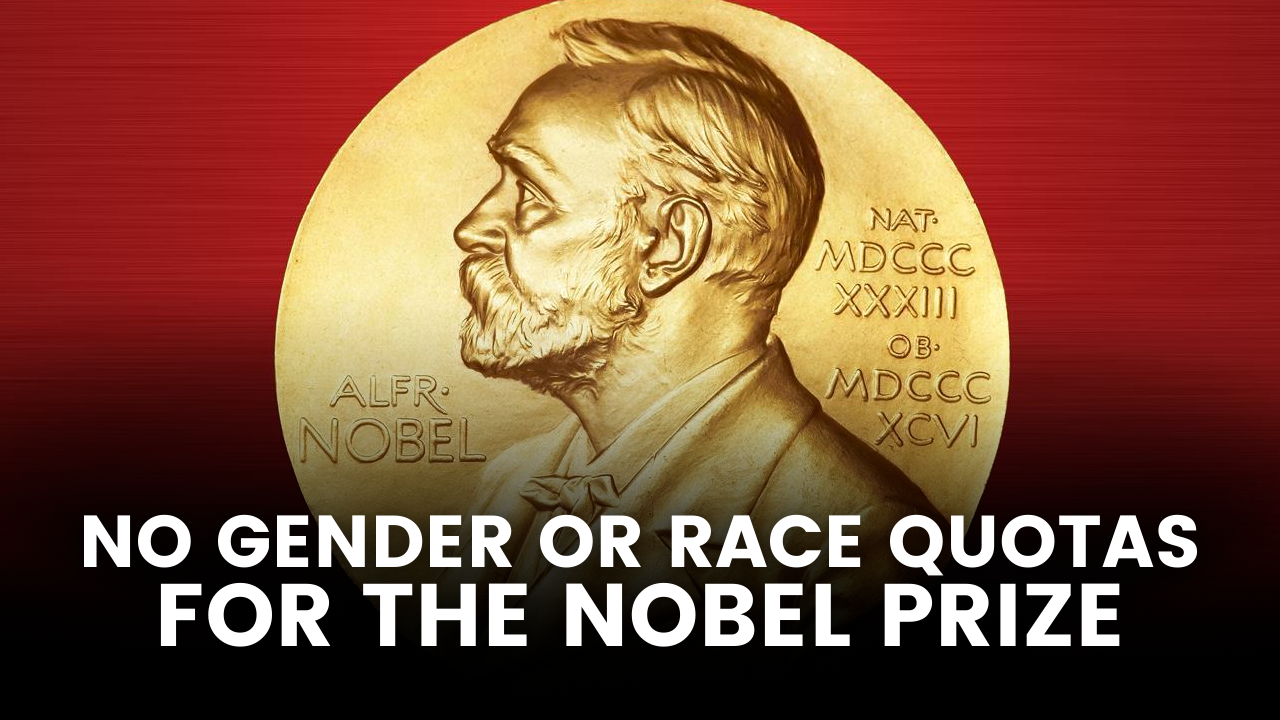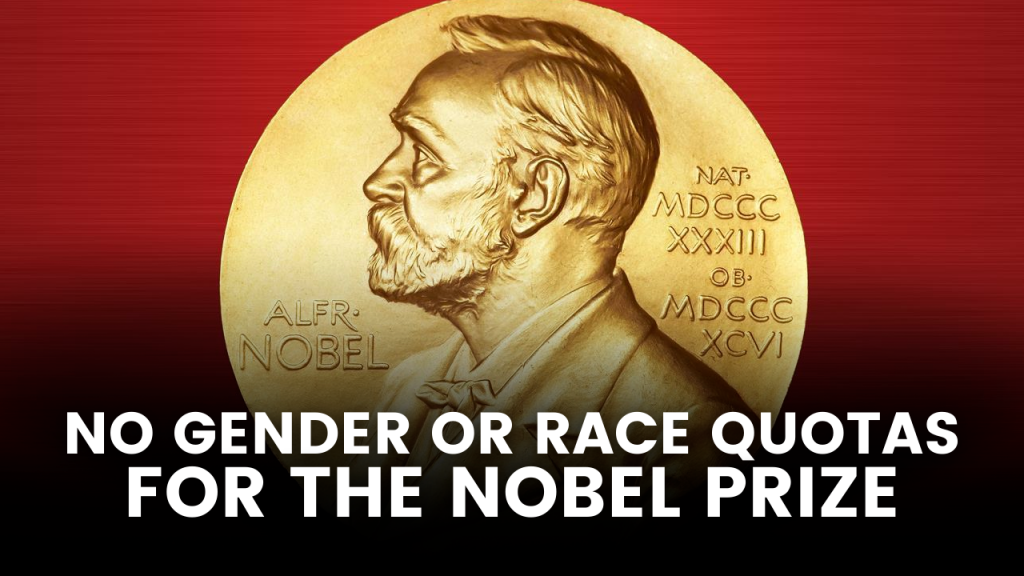
Top Scientist and head of the Royal Swedish Academy of Sciences Goran Hansson says that the Nobel Prizes will not be subject to either gender or ethnicity quotas, despite some activists desiring more female Nobel laureates and fewer White recipients.
Instead, Hansson wants to keep the award criteria as meritocratic as possible, saying the prize should go to those “found the most worthy.”
“It’s sad that there are so few women Nobel laureates, and it reflects the unfair conditions in society, particularly in years past but still existing. And there’s so much more to do,” said Hansson while speaking to the Agence France-Presse.
“We have decided we will not have quotas for gender or ethnicity. We want every laureate [to] be accepted … because they made the most important discovery, and not because of gender or ethnicity. And that is in line with the spirit of Alfred Nobel’s last will.”
Hansson sits on the Board of Directors for the Nobel Foundation as Vice Chairman and informs winners of their victory in chemistry, economics, and physics.
According to Hansson, potentially implementing gender quotas was brought up roughly three weeks ago but was dismissed as the Foundation does not want to detract from the legitimacy of past and future laureates.
“We have discussed it … but then it would be, we fear, considered that those laureates got the prize because they are women, not because they are the best. Now, there’s no doubt that scientists like Emmanuelle Charpentier or Esther Duflo got the prize because they made the most important contributions,” he said.
Hansson also says that the Foundation has made “significant efforts” to encourage the nomination of women in science and says that there have been multiple lectures on the possibility of subconscious bias playing a role in decision making.
He also says that part of the reason there are so few female victors is likely due to the roughly 10 per cent of women who make up scientists in the natural sciences.
“Keep in mind that only about 10% of the professors in natural sciences in western Europe or North America are women, and even lower if you go to east Asia,” the physician added. “… It takes time to evaluate, to get nominations in and evaluate for the Nobel prize… You could even say that this is the situation as it was perhaps one or two decades ago, when the discoveries were made,” said Hansson.
The Nobel Prize was first introduced in 1901, five years after the death of Alfred Nobel, a Swedish chemist for whom the award gets its namesake, as part of his will.
In his will, Nobel clarifies that he only wants to award those for the merit of their discoveries, regardless of nationality — and today, he would likely extend this principle to gender.
“It is my express wish that when awarding the prizes, no consideration be given to nationality, but that the prize be awarded to the worthiest person, whether or not they are Scandinavian,” reads Nobel’s will.











